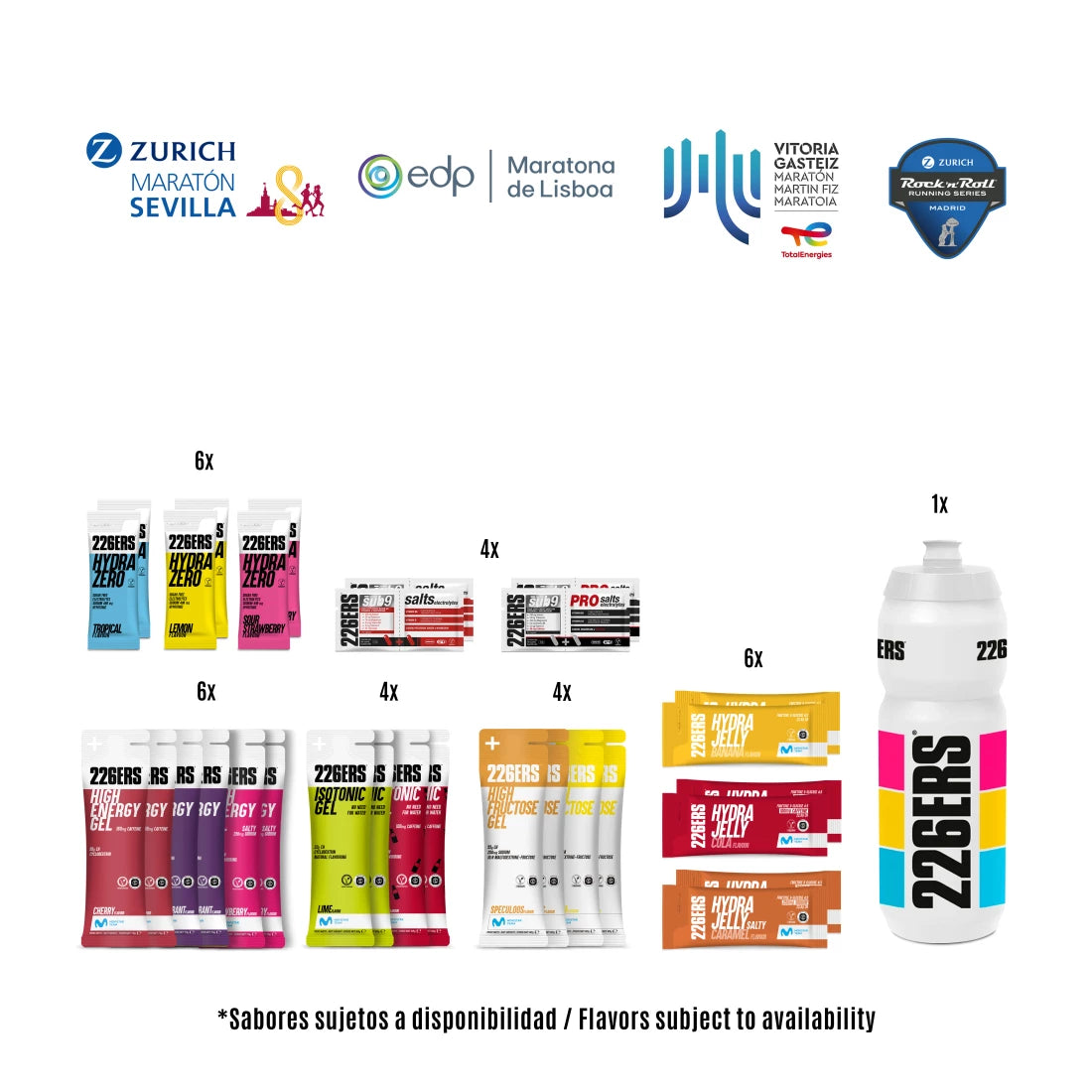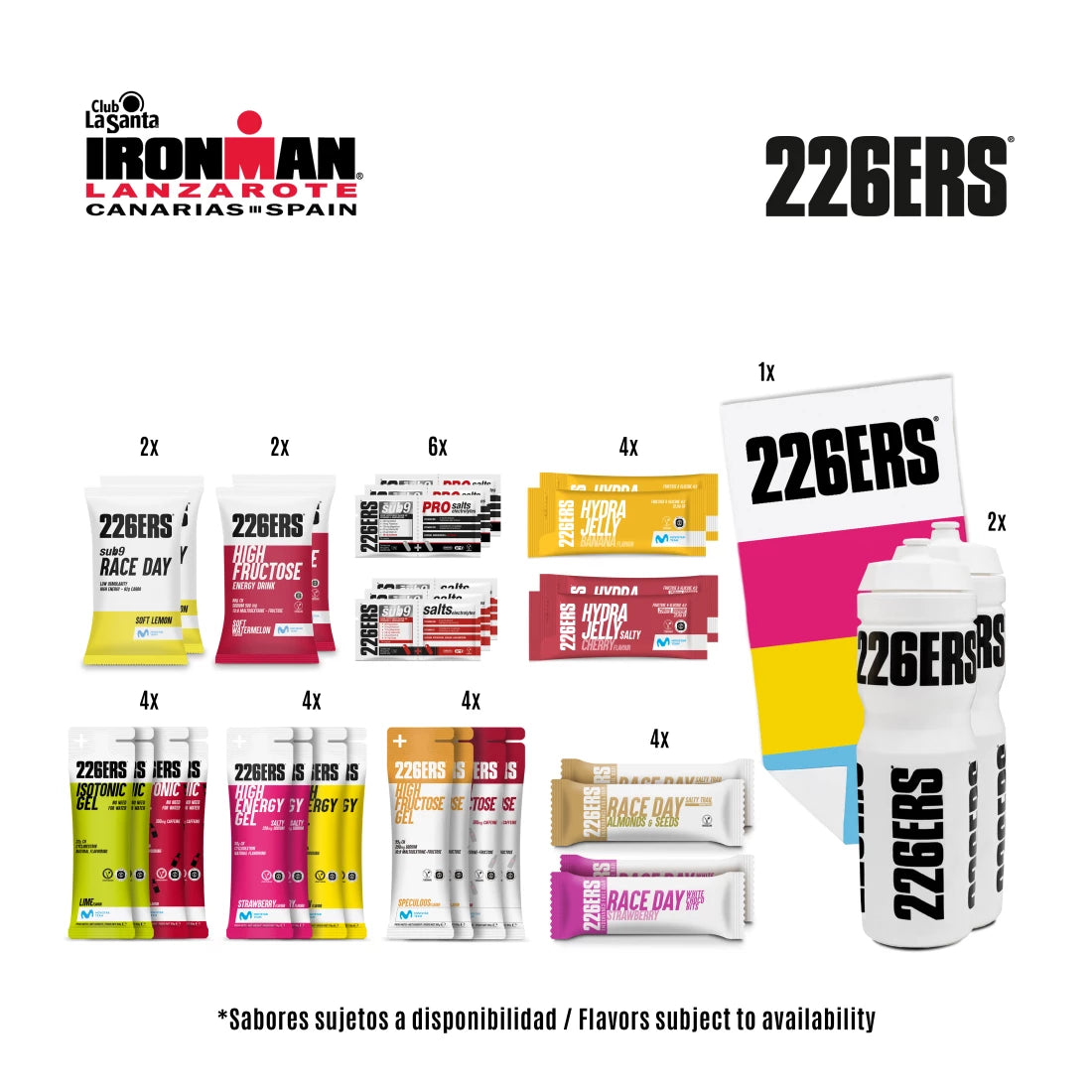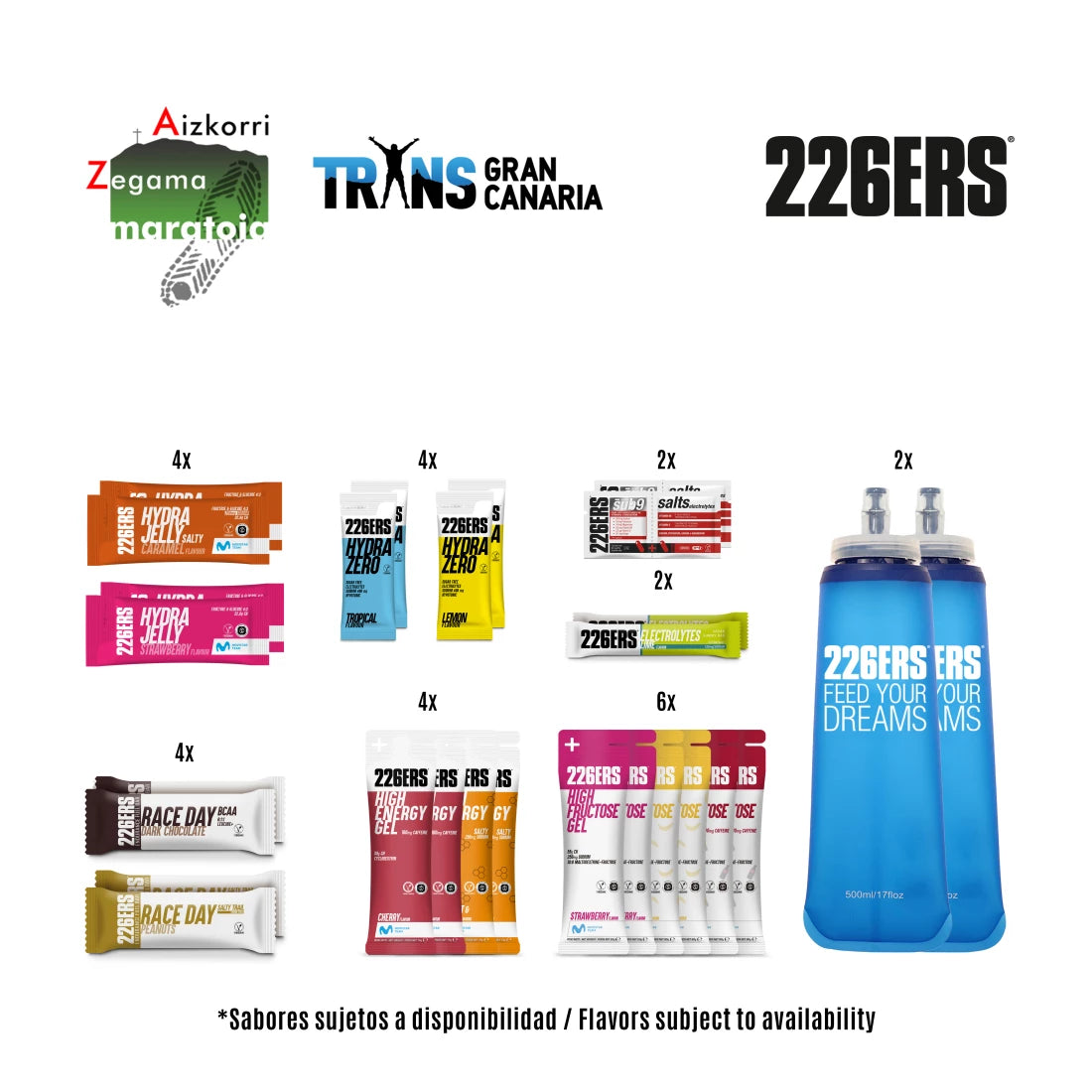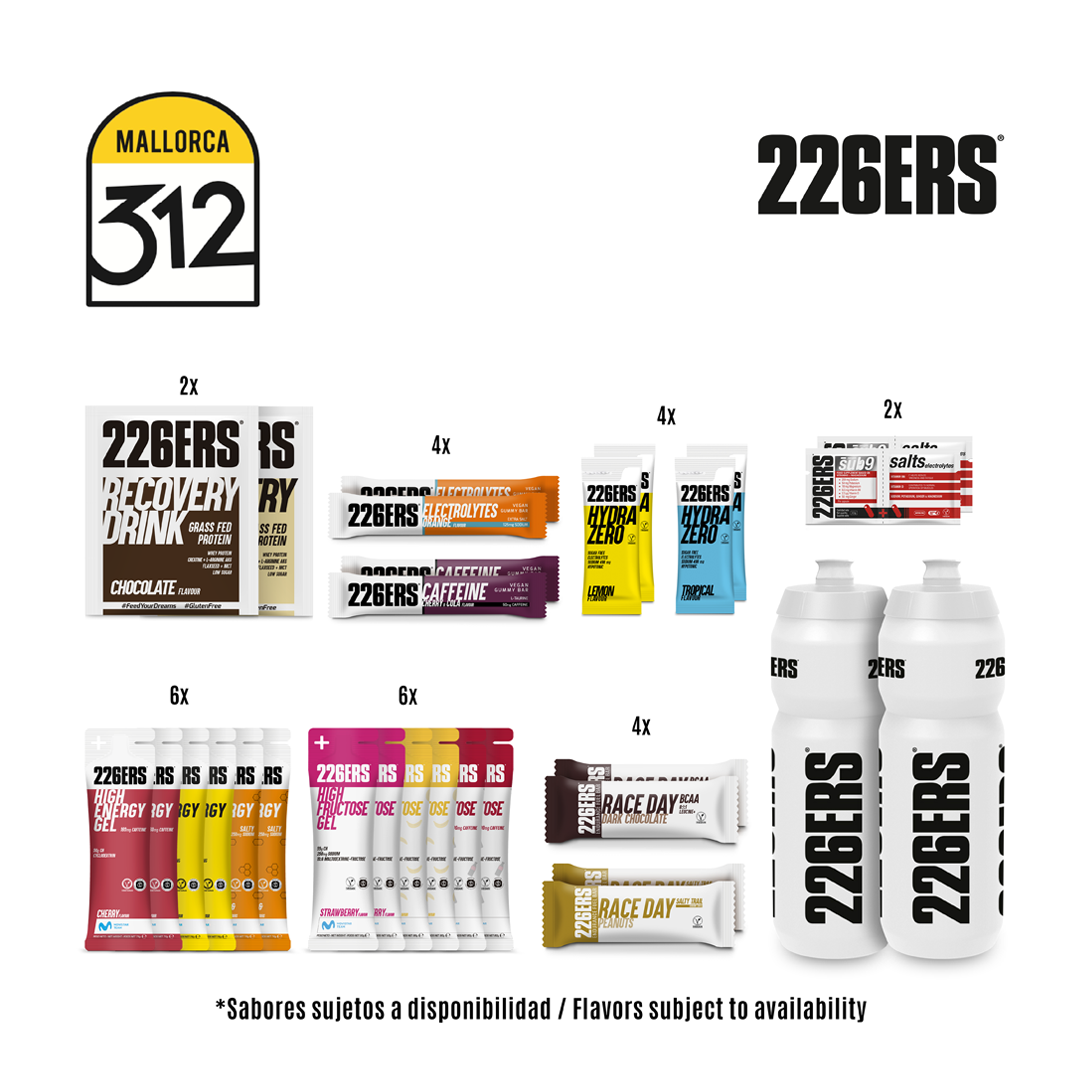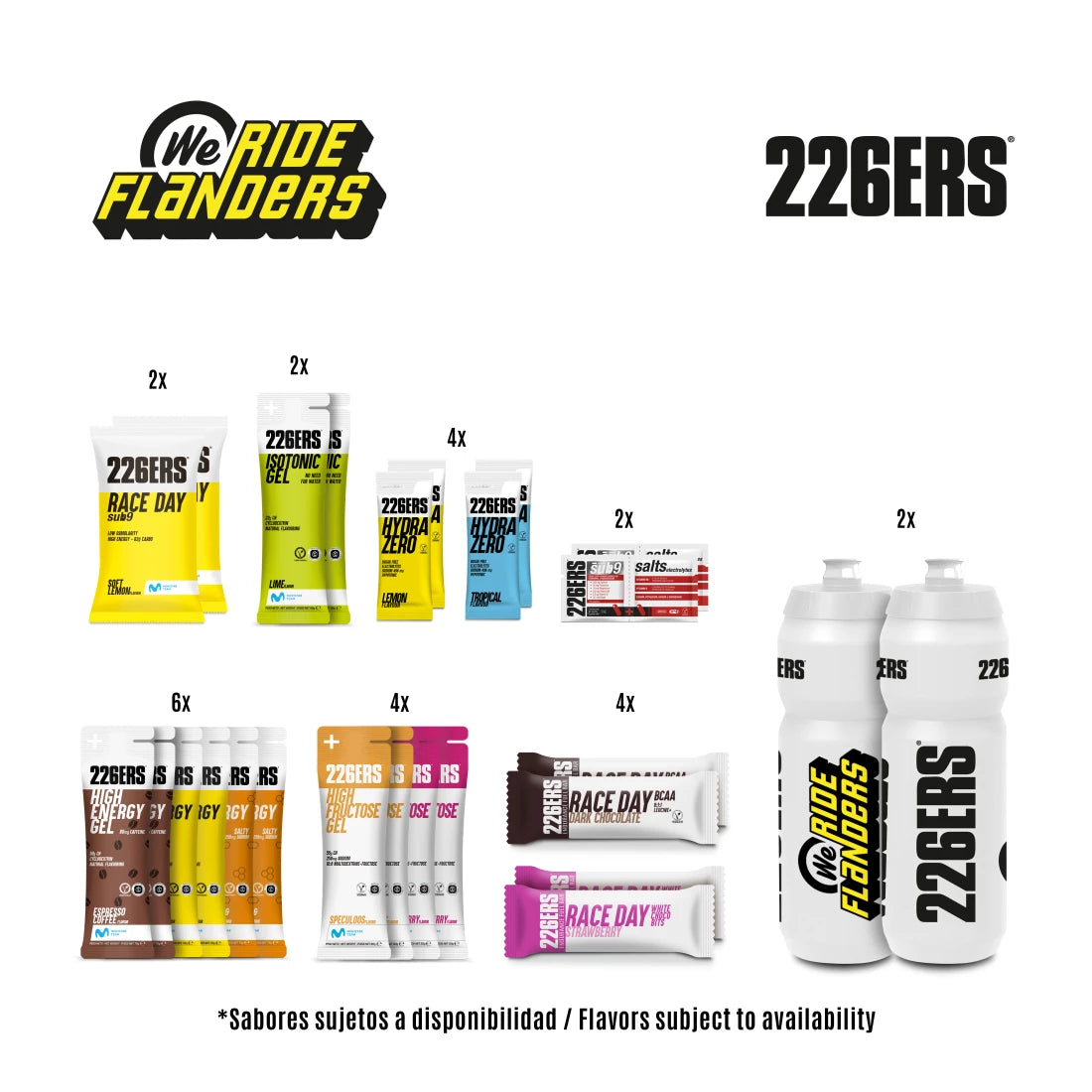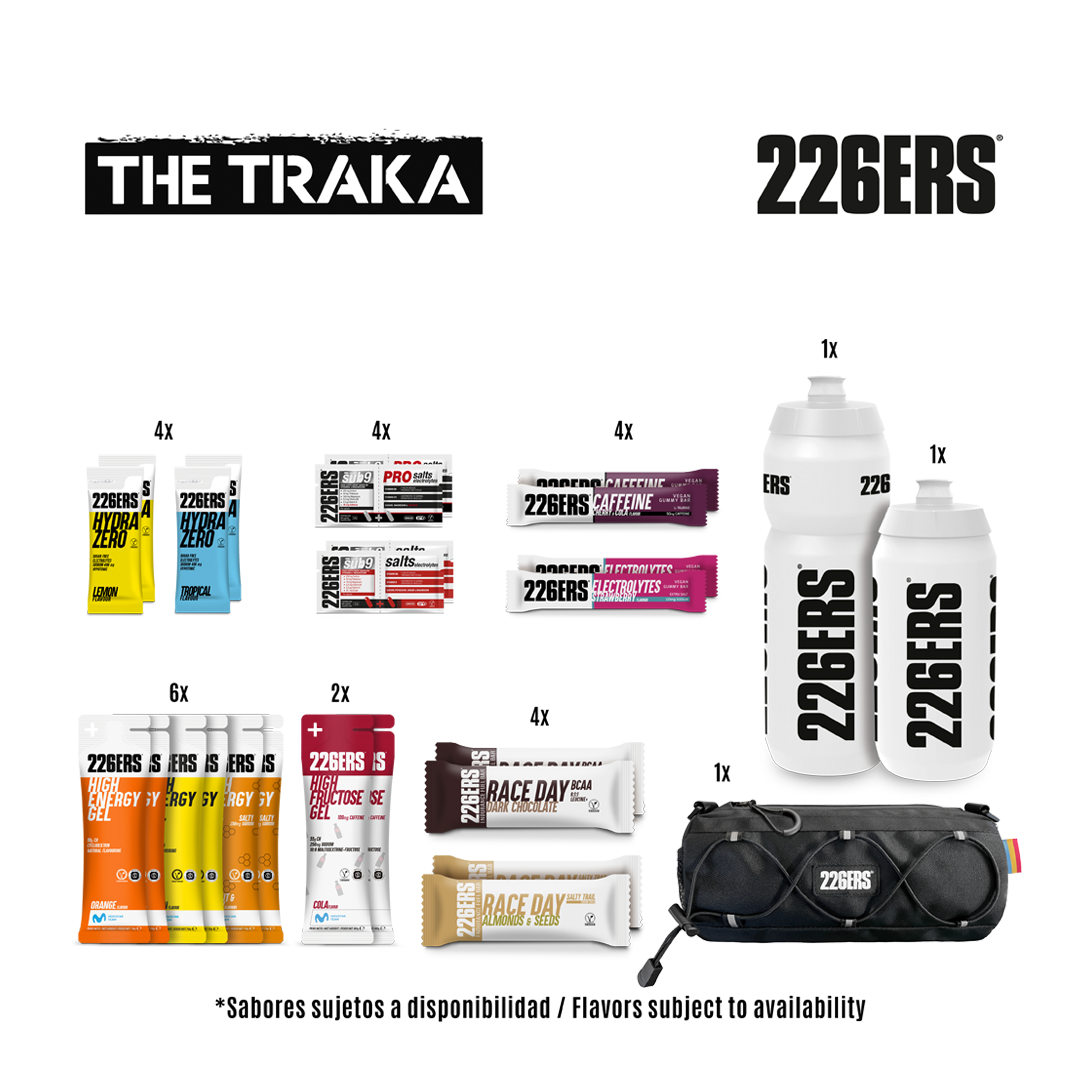Long -distance exercises recovery supplements
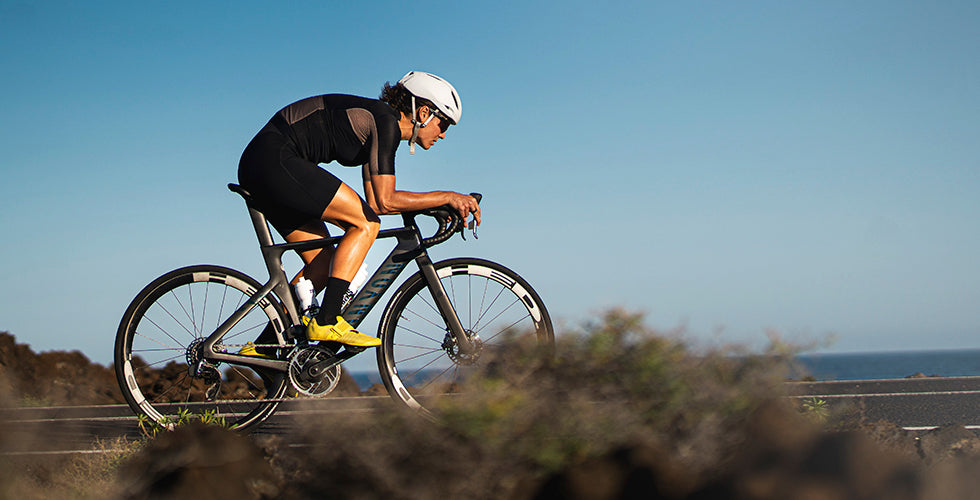
Post-Exercise recovery is a multifactorial and complex physiological process that directly affects performance and adaptation to training. In long -term resistance sports, such as cycling, background race or triathlons, sustained physical stress entails a high demand for nutrients, hydration and tissue repair. Therefore, in addition to adequate diet, which is the main basis, the use of nutritional supplements in the recovery phase has become a key strategy for athletes and coaches that seek to optimize performance and prevent overview.
Next, some of the most interesting supplements or strategies are detailed to maximize recovery after long -term competitions or training
1. Glycogen replacement: post-exercise carbohydrates
Muscle glycogen is the main source of energy in the exercise of high intensity resistance, but it can also be exhausted in sessions of moderate intensity, but long duration. After a session of these characteristics, glycogen levels can be drastically reduced, compromising recovery and subsequent performance in successive days. The efficient replacement of glycogen should begin in the post-exercise anabolic window (within the first 2 to 4 hours).
The recommended carbohydrate intake in this phase is 1.0 to 1.2 g/kg/h, distributed in regular intervals. Fast absorption carbohydrate supplements, such as maltodextrin, dextrose or sports drinks formulated, can facilitate this process. In addition, the combination with protein (ratio 3: 1 or 4: 1) enhances glycogen resynthesis by stimulating insulin secretion.
Obviously a diet rich in carbohydrates will help replace muscle glycogen but this type of post -training supplements (carbohydrate drinks, recovery drink) can help do it quickly or as an alternative when the "stomach is closed" and the athlete barely wants to eat or supposes a great effort.
2. Proteins and amino acids for muscle recovery
Protein catabolism is a possible consequence of prolonged exercise, especially if carbohydrate intake during training has not been correct, so muscle repair requires an adequate contribution of amino acids. The intake of 20 to 40 g of high quality protein (for example, milk serum) immediately after exercise favors protein synthesis. So a protein shake or a Drink remembered that includes it is a good option.
The BCAA (branched chain amino acids: leucine, isoleucine and valine) have been extensively studied for their potential anabolic effect. Leucine, in particular, acts as a metabolic signaling and can be a key component to initiate the synthesis of new myofibrils. However, its isolated effectiveness is less than that of a complete protein source, therefore, it is preferable
3. Creatine for energy and neuromuscular recovery
Although its use is more common in anaerobic sports, creatine can also benefit resistance athletes. Its supplementation (3-5 g/day) has proven to improve phosphocreatine recharge, reduce muscle damage induced by exercise and attenuate post-exercise inflammation. In addition, some studies suggest a positive effect on cognitive function on states of fatigue. It is not an essential supplement like the previous ones, but it can help.
4. Omega-3 and natural anti-inflammatory supplements
Intense training generates an acute inflammatory response. Omega-3 fatty acids (especially EPA and DHA) modulate inflammation. Its regular consumption (1.5 to 3 g/day) can decrease muscle pain, improve muscle function and favor post-effort recovery.
Other compounds such as curcumin (turmeric extract), blueberry polyphenols or cherry juice / extract (tart cherry) have demonstrated antioxidant and anti -inflammatory effects that can accelerate functional recovery without negatively interfering with adaptations to training.
5. Rehydration and electrolyte replacement
During resistance tests, loss of liquids and electrolytes can be around 1.5-2.5 liters per hour, depending on environmental conditions. Inadequate replacement can cause hyponatremia, muscle cramps, fatigue and performance deterioration. Post training hydration with 150% -200% of the lost liquid is recommended, if possible by adding electrolytes to that drink.
Electrolyte supplements are a good option, in the form of effervescent tablets or isotonic solutions, they must contain sodium (500-700 mg/l), potassium, magnesium and calcium to restore hydroelectrolytic balance.
6. Specific supplements for fatigue and muscle damage
Muscle fatigue is not only energy, but also neuromuscular and structural. Some supplements can contribute to their mitigation:
- Magnesium: Essential in muscle contraction, its deficiency is related to cramps and fatigue. It also helps improve sleep
- Zinc and Selenium: They contribute to the endogenous antioxidant defense.
Practical Perspectives and Personalization
The effectiveness of supplementation depends largely on individualization. Variables such as the type of sport, the level of training and especially the nutrition of the athlete must be taken into account to design an adequate strategy.
In addition, it is very important to emphasize that supplementation should not replace a balanced diet. Its function is complementary, especially in situations of high demand, temporary limitation or logistics difficulty to meet the nutritional requirements by conventional route.
Below is a summary table with the recommended supplements to improve recovery after long -term activities, ordered by order of importance.
| Priority | Supplement | Main function | Recommended dose |
| GOLD | Carbohydrates | Glycogen replacement | 1.0-1.2 g/kg/h Post-Exercise |
| GOLD | Protein (serum, soy) | Synthesis and muscle repair | 20-40 g Post-Exercise |
| GOLD | Electrolytes (na, k, mg, ca) | Hydration and neuromuscular function | According to sweating rate |
| SILVER | Omega-3 (EPA/DHA) | Inflammation and muscle pain reduction | 1.5-3 g/day |
| SILVER | Magnesium | Cramp prevention and fatigue | 200-400 mg/day |
| SILVER | Zinc and Selenium | Antioxidant support and general recovery | According to individual requirement |
| BRONZE | BCAA (leucina, isoleucine, valina) | Anabolic stimulus and muscle recovery | 5-10 g |
| BRONZE | Creatine | Energy and neuromuscular recovery | 3-5 g/day |
| BRONZE | Curcumin / polyphenols | Anti -inflammatory and natural antioxidant | 500-1000 mg/day |
Conclusion
Resistance sports recovery with multiple long -term sessions requires a multifactorial strategy in which nutritional supplements can perform a key role. Insist on the priority of food as the basis of the pyramid, and supplementation as a complement. Scientific evidence supports the use of carbohydrates, proteins, BCAA, creatine, omega-3 fatty acids, natural anti-inflammatory compounds, electrolytes and micronutrients in the appropriate context.
Personalized planning allows to accelerate the recovery of energy, minimize muscle and neuromuscular damage, maintain hydroelectrolytic balance and improve the general welfare of the athlete and rest. The role of the coach and sports nutritionist is key to integrating all these resources effectively and safely within the training program, so the support and supervision of professionals is always recommended.


